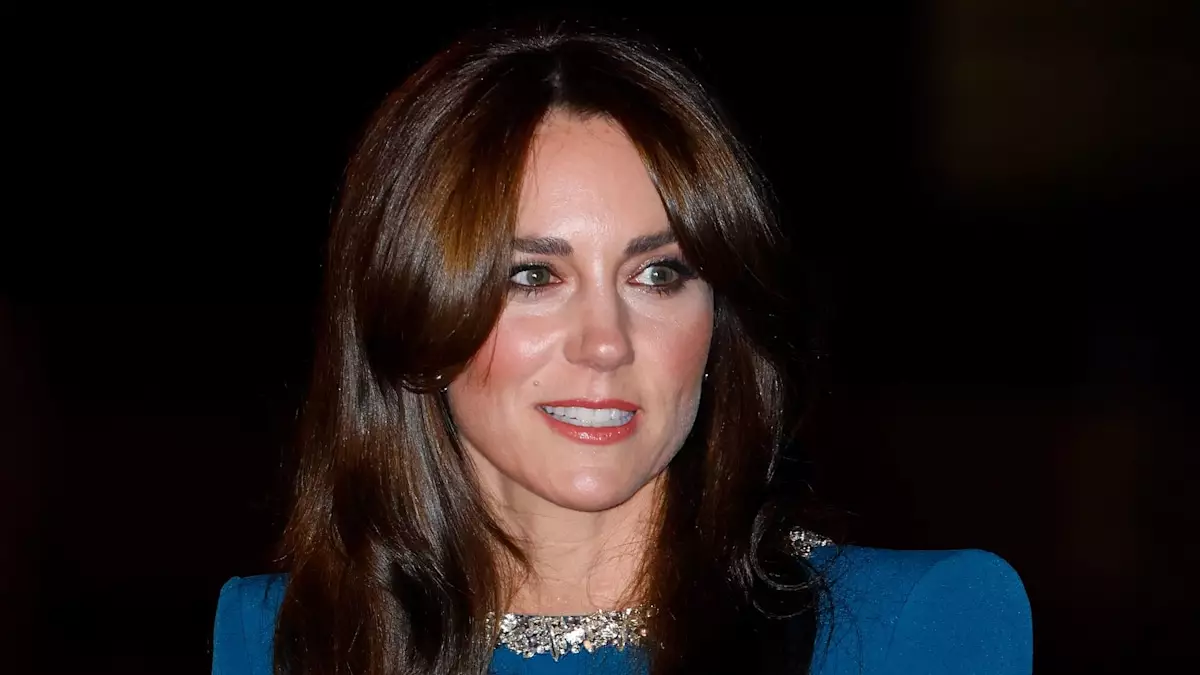The complex and multifaceted issue of addiction has often been shrouded in stigma and misunderstanding. As society progresses, it becomes increasingly crucial to foster open conversations about these challenges, emphasizing compassion and support for those affected. Recently, the Princess of Wales highlighted this on the approach of Addiction Awareness Week, an initiative led by Action on Addiction, showcasing her unwavering commitment to advocate for individuals struggling with addiction.
In a heartfelt statement as the patron of Forward Trust — an organization dedicated to assisting those dealing with substance addiction — the royal emphasized the vital need for empathy and human connection. By spotlighting addiction, she confronts not just the issue itself but also the pervasive misconceptions that have accompanied it. Her words resonate deeply: those facing addiction are not merely statistics; they are individuals with unique experiences and stories often overlooked by society.
One of the significant barriers in addressing addiction is the stigma that surrounds it. Princess Kate poignantly remarked that for too long, many individuals have suffered in silence, plagued by feelings of guilt and shame. This silence can have devastating consequences, preventing people from seeking the help they need. By publicly supporting initiatives like Addiction Awareness Week, she contributes to a crucial cultural shift — one that encourages understanding rather than judgment.
Moreover, this advocacy underscores the reality that addiction is not merely a consequence of poor life choices. It is a complex mental health issue, which, much like other medical conditions, requires compassion and assistance. The princess’s statement serves as a reminder that everyone is capable of showing kindness, reinforcing the critical role that love and empathy play in the recovery journey.
As articulated by the Princess, charities play an instrumental role in supporting individuals and families traversing through addiction’s challenging landscape. Her acknowledgment of the various organizations striving to guide those in need highlights the collective effort required to combat this public health crisis. It is a reminder that while professional help is invaluable, community support is equally essential.
The Forward Trust and similar organizations pave the way for transformational change. They provide not only resources and assistance but also educate the public on the nature of addiction. This dual approach is vital in reframing societal narratives surrounding addiction and recovery, ultimately leading to a more supportive environment for affected individuals.
In her closing sentiments, the Princess of Wales made a powerful call to action. She emphasized that everyone has a role to play in reshaping the conversation around addiction, urging the public to rethink preconceptions and biases. The path to recovery is inherently personal, yet it is also communal; it flourishes in an environment characterized by understanding and support.
Addressing addiction requires a collaborative effort that transcends individual actions. By working collectively, society can create a culture that uplifts and empowers those battling addiction. The notion that “recovery is possible” must echo through every community, inspiring hope and action.
As the Princess prepares for her upcoming engagements, including the state visit from the Emir of Qatar, her advocacy persists as a clarion call. After a period of public absence attributable to health reasons, her recent appearances signal resilience not just on her part, but in the broader context of supporting those facing life’s challenges.
Awareness weeks like this one serve as poignant reminders that even the highest echelons of society recognize the struggles faced by ordinary individuals. It reminds us that public figures can leverage their platforms for greater social good. Likewise, they prompt all of us to engage with the issue of addiction not simply as observers, but as active participants in fostering a culture of understanding, kindness, and rehabilitation.
The dialogue around addiction must continue to evolve, opening doors to empathy and support. By raising awareness and challenging deep-seated prejudices, we can build a more compassionate society where recovery is not just a possibility, but a collective triumph.

